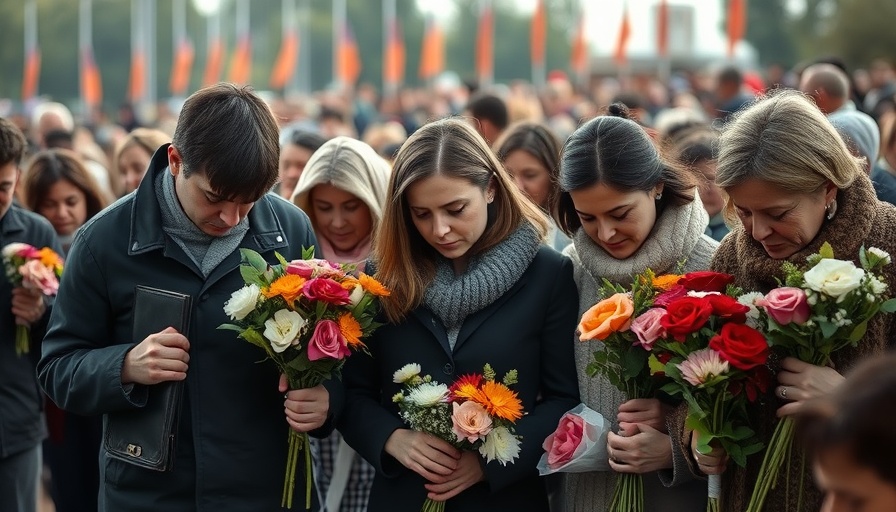
Why US aid cuts are devastating South Africa's fight against HIV
In recent months, the announcement of sharp cuts to foreign aid by the United States has sent ripples of uncertainty throughout HIV communities in South Africa. For many, these cuts from USAID mean the difference between life-saving treatment and a return to untreated vulnerabilities.
Gugu's story illustrates the dire consequences
Gugu’s experience sheds light on the broader crisis. As a project coordinator for an NGO, she understands the challenges faced by HIV-positive individuals, especially marginalized groups such as sex workers. When clinics shuttered due to loss of funding, she apprehensively prepared for an uncertain future with limited access to antiretrovirals (ARVs). Receiving a bulk supply of ARVs has only postponed a crisis, not resolved it.
Challenges facing HIV-positive patients
Access is a major issue. The public healthcare facilities that potentially replace these services present myriad hurdles. With long wait times, the necessity to arrive well before dawn, and inconsistent treatment quality, many fear that personal health may be sacrificed at public clinics. Moreover, the stigma associated with being a sex worker compounds these anxieties, with Gugu noting the hostility and judgement experienced during a visit with friends. This unfortunate reality could lead to significant medication non-compliance, risking lives.
Stigma complicates access to healthcare
The stigma surrounding HIV—and particularly for sex workers—means many may avoid seeking care altogether. The process to access treatment in public hospitals intensifies this stigma; a lack of confidentiality within medical records can act as a deterrent, forcing patients into silence and neglecting their treatment. Public health negligence fueled by discrimination can have catastrophic outcomes.
What experts say about the implications
Experts in public health and social justice argue that the loss of international support undermines years of progress in the fight against HIV. While the global community has made strides in reducing HIV infections in South Africa, these recent cuts threaten to reverse gains achieved through dedicated resources. Activists are urgently calling for the restoration of funding to avoid a potential health crisis.
Future predictions and opportunities
If current trends continue, we could witness a resurgence in HIV infections, placing additional burdens on an already overwhelmed healthcare system. With insights from healthcare specialists, innovative solutions may need to be explored. Engaging non-government organizations, integrating care, and leveraging community support can present alternatives worth investigating.
Taking action amidst adversity
This crisis serves as a wake-up call. The community in Leicestershire and beyond must rally together, advocate for humane health policies, and increase awareness to generate funding means not limited by political whims. Organizations can spearhead campaigns to emphasize the need for health equity and the essential nature of these life-saving treatments.
Returning responsibility to marginalized communities ensures sustained efforts to fight diseases like HIV, challenging the systems that uphold stigma and neglect.
Your role in the fight
Now is the time to act. Healthcare advocates in Leicestershire can take part by supporting local charities and advocating for equitable healthcare access. Encourage discussions that challenge stigma and foster understanding. Donations to organizations helping HIV-positive individuals ensure that vital services continue to exist, enabling marginalized voices to be heard.
 Add Row
Add Row  Add
Add 




 Add Row
Add Row  Add
Add 

Write A Comment